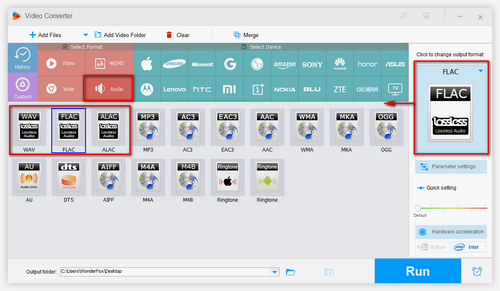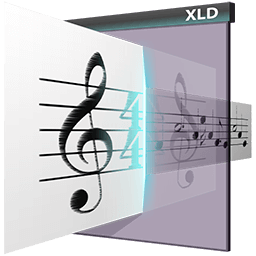
Also with XACT, you can only input aiff or wav files to transcode, so it adds the extra step of decompressing the data to one of those formats first. I could also use XLD or XACT to transcode to 24/48 using the SOX resampler, but once again, this creates files that I will ultimately need to delete. With fre:ac you easily rip your audio CDs to MP3 or WMA files for use with your hardware player or convert files that do not play with other audio. It currently converts between MP3, MP4/M4A, WMA, Ogg Vorbis, FLAC, AAC, WAV and Bonk formats.
#Xld mp3 free
Its incredibly fast, which makes me think it's truncating the data. fre:ac is a free audio converter and CD ripper with support for various popular formats and encoders. It supports many usual lossy audio formats such as MP3, AC3, AAC, WMA. X Lossless Decoder version 20181019 (151.1) XLD extraction logfile from 10:25:38 +0000 Darkwater / Human Used drive : MATSHITA BD-MLT UJ240AF (revision 1. The problem with the first method, which would be my preferred method due to the ease of transcoding, is that I have no idea whether XLD is truncating the data to presumably 48kHz, or actually running a resampler, then transcoding to aac. By default, XLD will output FLAC files to AIFF instead of ALAC which yields a. This takes longer and creates files that I need to delete afterwards. yeap with cd old paranoia works, with xld secure dont, why X Lossless Decoder version 20120120 (139.0) XLD extraction logfile from 19:54:27 -0600 As Divine Grace / Lumo Used drive : PIONEER DVD-RW DVR-112D (revision BC14) Ripper mode : CDParanoia III 10.2. The other method, take them into Izotope to handle the resampling, which will also save them to intermediate 24/48 flac files, then use those to transcode to aac. This takes seconds for the files to transcode. The first, and one I'd prefer, drag the hi-res files into the program, specify lossy output (in my case aac q110) and let the program do the work. I can already transcode them, that's not the problem.
#Xld mp3 portable
I'd like to get these to a nice, portable format that I can use on my iPhone.

It certainly is a worthwhile addition to your audio toolkit.I have a lot of files that were only available in 24/96 and 24/192 hi-resolution audio formats. Previously I used Max and xAct for my audio file needs, but XLD may just be able to replace both of them. XLD will ask you to select the WV file that it corresponds to.Īs you will see in the Preferences, XLD can convert these audio files into just about any audio format you can imagine. If you have a CUE file along with a WV file, drag the CUE file onto the application icon first.

Under "Output Format", set the format to which you want to convert the WV file.ĭrag the WV file onto the XLD application icon.

Hit the Convert button to start changing the WMA file to MP3. Now select all the files that you want to convert to MP3 from the list of Switchs user interface. Once downloaded, open XLD and go to the Preferences > General section. Click on the drop-down beside Output Format and select MP3 as the destination format.
#Xld mp3 download
It is free and you can download it from the official website. The simplest way I have found is to use the application called X Lossless Decoder or XLD.

Q: How do you convert a WV (WavPack) file on a Mac? How do you split it using a CUE file?Ī: The WavPack file format is a lossless audio file, but you need to convert it to a more traditional format to actually listen to the file on a Mac.
#Xld mp3 mac os x
Convert WavPack (WV) files using XLD on Mac OS X J| Filed under: Tech Tips


 0 kommentar(er)
0 kommentar(er)
